When To Let Go Of A Relationship?
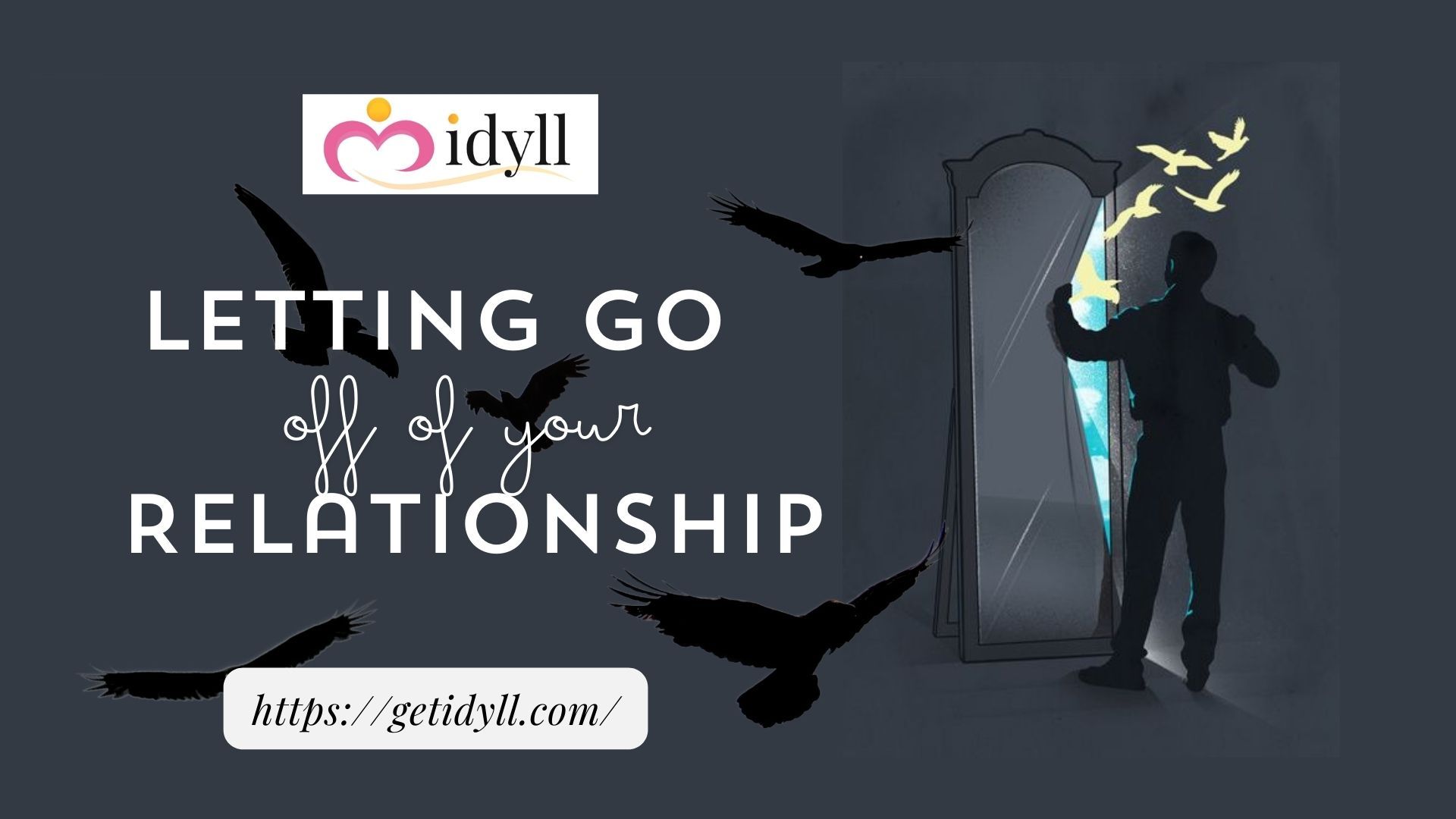
Aah! The complex and often chaotic universe of relationships. We've all been there: the moment when you wonder if it's time to let go of a relationship that no longer benefits you. It's a difficult decision to make, loaded with passion, doubt, and uncertainty. However, sometimes letting go is the best thing you can do for yourself.
Everything in life is about achieving a balance between attachment and letting go. We always aim to make the best decision possible, but it is not always simple, especially when it comes to those we love, or believe we love.
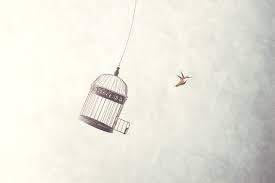
In relationships, we invest a great deal of our emotions, time, and energy, and the more we invest, the more difficult it is to release. We do not let go for a variety of reasons, including fear of the unknown and fear of being alone. The final effect is the same: living unhappily.
Knowing when to let go will save you a lot from heartache and allow you to move forward with a more positive mental state. If you see any of these symptoms, you may need to accept that it is time to let go. In this blog, we'll look at the signs that indicate it's time to end a relationship, as well as how to do it gracefully and properly.

Before moving ahead you must have watched this legendary Bollywood film "Kal Ho Naa Ho," the character Aman (played by Shah Rukh Khan) has a touching dialogue about letting go. He says,
The phrase nicely expresses the essence of knowing when to let go in a relationship. Listening to our hearts and having the guts to open new doors can be the key for achieving true satisfaction and joy.

Signs That It's Time To Let Go
1. You're not yourself.
If you are continuously forced to pretend to be someone you are not just because you fear that you'll be criticized or misunderstood, you are not in the appropriate place. A partner is the last person you want to wear a mask around.
2. You're not truly happy.
We're talking about happiness here, not simply getting along or coping. Of course, any relationship has ups and downs, but it should not be dull and lifeless.
3. You want different things.
When partners are not on the same page and have vastly different aims and objectives, it is difficult for them to reach an agreement. They will both be locked in a relationship in which, rather than doing life together, each will take a different road on their own, and as a result, they will progressively.

4. You are frequently criticized and rarely acknowledged.
If your partner continuously criticizes you in public or private for your appearance, behavior, thoughts, or views, it indicates that they are unable to see the good in you.
5. The energy and wonderful moments have passed.
When the desire fades, boredom and dullness overwhelm the relationship. This is why many people cheat and try to fill their emotional void with someone else.
6. Most of the time, you feel lonely.
A healthy relationship is one in which partners enjoy spending their lives together, through thick and thin. If you feel like you're going through everything alone when in a relationship, it's a clear sign that it's already broken.

7. You try too hard and make a lot of compromises.
Relationships should be based on equal give and take. If you have to do all of the work to keep the relationship going on your own, you will likely become resentful and frustrated.
8. You continue to find explanations and justifications for their actions.
If you feel compelled to constantly create excuses for why you are being neglected and defend them in front of your parents and friends, you are just blinding yourself from the truth.
9. You are constantly battling.
If all of your communications fail and you end up fighting and arguing, it means you're not compatible and don't understand each other well enough. It could also indicate pent-up rage and irritation.

10. The relationship exhausts the energy in you.
Being with the person you love should offer you warmth, joy, and elevate your spirits; it should never feel like a chore or responsibility. If you are in a relationship that regularly makes you feel ill and in need of alone time, you are undoubtedly in a bad spot with the wrong person.
11. You are overburdened and suffocated.
Their presence adds a lot of strain on you. You're uncomfortable around them and feel compelled to explain yourself all the time. You put out a lot of effort to make your moments together nice, yet you no longer look forward to seeing them.
12. You sense fear in the relationship.
You think twice before speaking or reacting since their responses always intimidate and make you nervous. If you walk on eggshells around your partner and constantly concerned that everything you say or do will upset them, you need to break free from the bonds of this relationship.

13. You face disrespect and abuse.
Abuse and disrespect have no place in healthy relationships; they are just unthinkable. If you are physically or emotionally mistreated and not treated with the respect you deserve, end it immediately.
14. You're hoping for change.
You've been trying to mend things for a long time, yet you still know and feel in your heart that you're unhappy. In such a situation, you are simply holding out hope that they will change, perhaps because you believe this is the best you can get.
15. Your relationship is holding you back.
The right partner will encourage and motivate you to achieve your objectives and goals; they will never interfere with your development and progress, whether on a professional or personal level.
The Process of Letting Go
Letting go of a relationship is rarely simple, but it can be a life-changing experience that leads to new beginnings and personal development. Here are some stages to guide you through the process of letting go:
1. Acknowledge your feelings.
The first step in letting go is to acknowledge and accept your emotions without judgment. Allow yourself to experience sadness, rage, grief, or whatever emotions arise as you come to terms with the loss of the relationship.
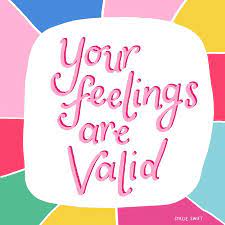
2. Reflect on What You've Learned.
Every relationship teaches us important things about ourselves and what we expect from future relationships. Spend some time reflecting on what you've learnt from the situation and how it has influenced your personal development.
3. Practice self-care.
During this difficult period, prioritize self-care activities that nourish your mind, body, and soul. Whether it's taking part in hobbies you enjoy, spending time with supportive friends, or seeking professional help if necessary, self-care is essential in the process of letting go.
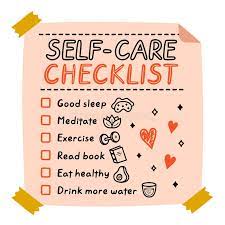
4. Set boundaries.
Setting boundaries with your ex-partner can help you manage the aftermath of a breakup or separation, providing clarity and encouraging recovery. Establishing obvious limits for communication, social media connections, and mutual friends might help you maintain emotional distance as you move forward.
5. Seek closure.
Closure looks different for everyone, whether it's having an honest talk with your ex-partner, composing a letter you'll never send, or finding inner peace through introspection and acceptance. Determine what closure means to you and take efforts to get it.
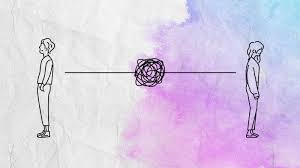
Embrace New Beginnings
Letting go of a relationship creates space for new beginnings and progress. While the process can be painful and difficult at times, remember that endings create the way for new beginnings and exciting adventures ahead.
Remember that letting go does not mean giving up; rather, it allows better things to enter your life.
Conclusion
Relationships should bring out the best in us, help us grow and progress, and, most importantly, help us discover our genuine selves. Your relationship should feel like home, somewhere you'd rush to rather than away from. If you are in a relationship in which neither of you provides each other with something to look forward to every day, you are with the wrong person.
Get in touch with Idyll to explore more blogs like this one.
Download Idyll - The Perfect College Dating App!

